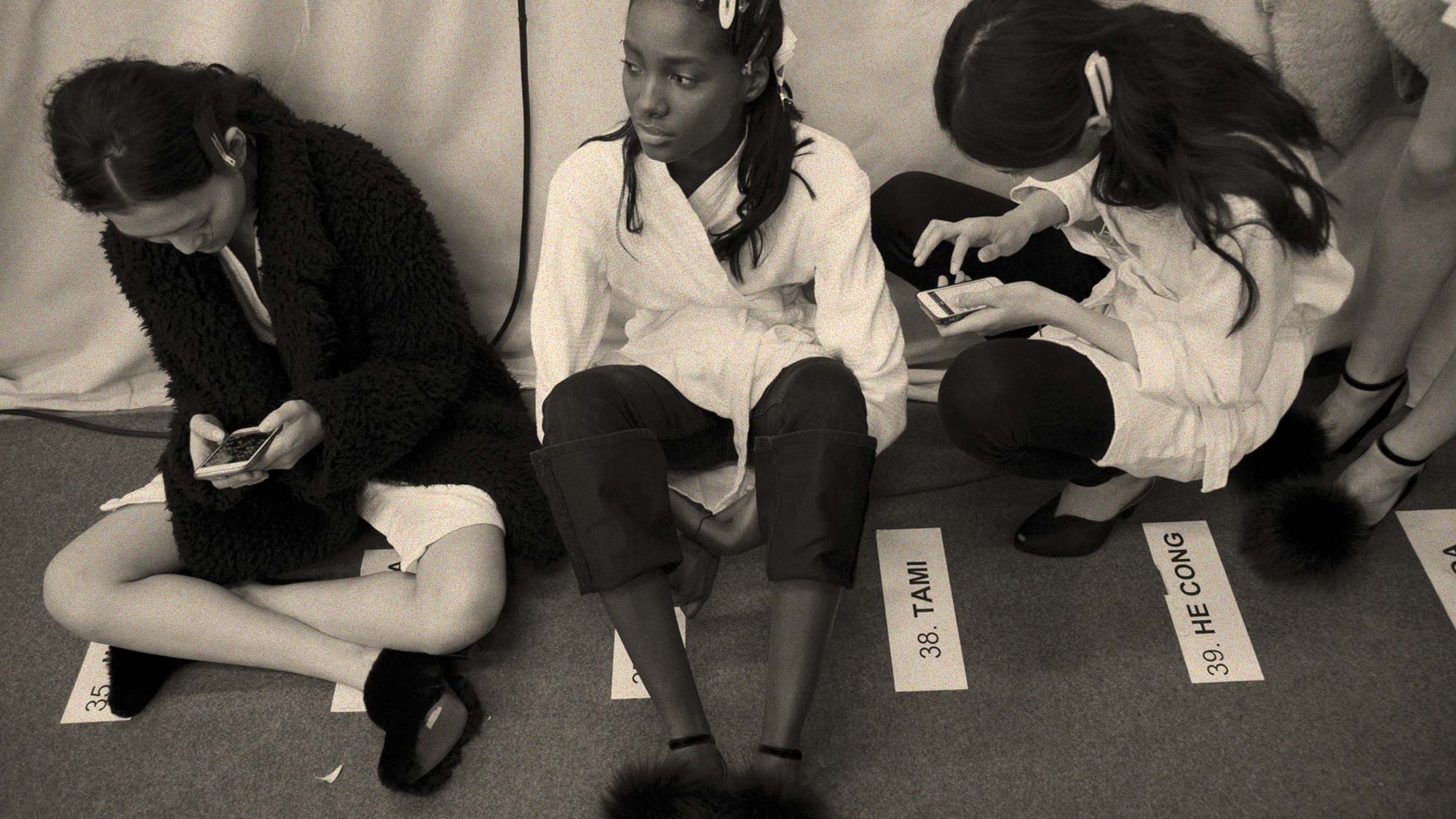Does it really matter that we haven't met? In defence of online friendships
#nojudgement


Celebrity news, beauty, fashion advice, and fascinating features, delivered straight to your inbox!
You are now subscribed
Your newsletter sign-up was successful
#nojudgement
Could virtual friendships be more real than ever? A recent survey from Insurance2go revealed that 72% of Brits have social media followers that they've never met and 28% of us class at least one in ten of those strangers as real friends.
So, considering that 63% of Brits say they share 'more in common' with their virtual friends and 42% think their social media friends are 'more responsive' than their real life friends, do we need to redefine friendship?
In a world where our social media consumption has become part of our daily life, it makes sense that the internet is no longer independent from our identity, but part of it.
I was late to the Reddit party (the discussion website where community members - AKA me/you/anyone can submit questions, statements, and confessions) but considering it’s currently the 25th most visited website in the world with over 542 million visitors a month, I thought I’d give it a go.
I ended up on Two X Chromosomes and started reading frank accounts from women on topics like motherhood, relationships, abuse and identity. One 15-year- old Muslim woman was looking for support for her campaign for Unicode to add a headscarf emoji, and she received over 400 comments in a week, another asked for advice after she’d experienced repetitive sexual harassment from a co-worker with a mental disability, and she got over 100 responses in less than 12 hours. These are real issues experienced by real women and the support that results in is overwhelming.
This year, I found myself in a situation that I felt uncomfortable continually talking to my friends about, so I decided to write a post about it instead. My username is a random word, so it felt anonymous and safe, and I was able to explain everything.
Celebrity news, beauty, fashion advice, and fascinating features, delivered straight to your inbox!
I was met with detailed responses from women going through similar situations, or women who wanted to advise me or quite simply tell me that what I was going through was shit. There was a comfort in feeling heard, acknowledged and in being able to give an unwatered-down version of events to compete strangers, who would eventually become my go-tos whenever I needed advice.
It’s incredible how therapeutic receiving perspective and guidance on your darkest and deepest thoughts can be. It also made me appreciate sisterhood and gave me a whole new approach to my 'real life' friendships. After all, hundreds of women were responding to my complete honesty with zero judgement - how edifying is support like that?
